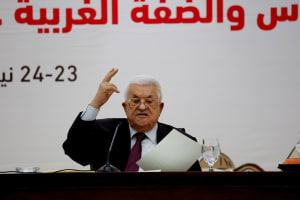After Assad: Islamist rebels consolidate control but Syria's future as unified state remains uncertain
Israel looks set to keep buffer zone, wait for new Syria to emerge from the rubble

On Dec. 8, the regime of the al-Assad family collapsed after 54 years, amid major offensives by rebel groups that closed in on Damascus from the north and the south.
While large parts of the country, and Syrian refugees around the world erupted in celebration, many have since raised concerns about the Jihadist and Islamist heritage of many of the leading rebel groups, including the spearhead of the main offensive, Hay’at Tahrir al-Sham (HTS).
Several days after the dawn of a new Syria, the first outlines of the country’s future have become visible.
HTS quickly moved to consolidate power, entrenching itself in Damascus, taking over additional areas on the coast and in the eastern desert, and nominating a transitional government dominated by its members.
Despite this, it is far from certain that the country can successfully be reunited, as active fighting continues on several frontiers and the new government has only begun reforming and rebuilding the state’s institutions.
“It’s likely that Syria will enter a transitional period characterized by instability and power struggles,” wrote Carmit Valensi, senior researcher at Israel’s Institute for National Security Studies.
She estimates that several scenarios are possible, including “a fragmented Syria divided into zones controlled by different power factions engaged in frequent conflicts; an agreement on a federal structure; or the rise of a new regime under a unified Syrian framework.”
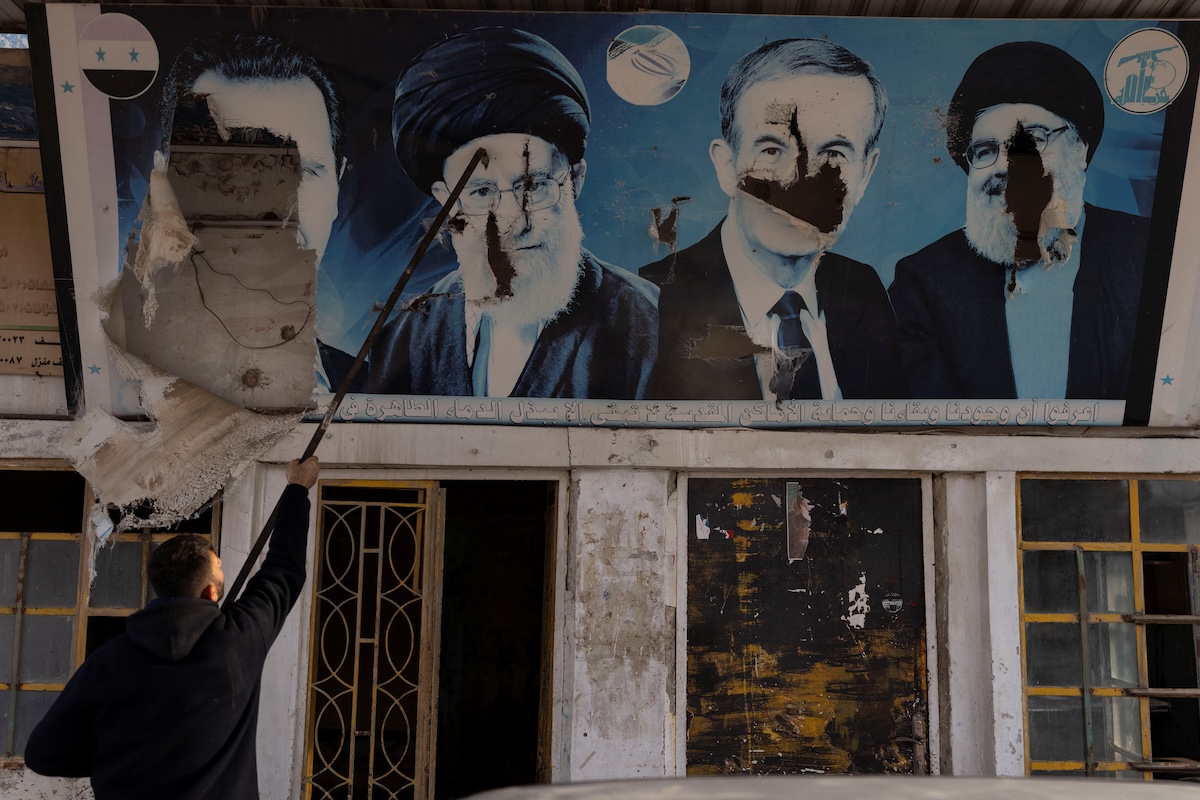
Israel, meanwhile, almost completely obliterated the former regime’s armed forces, especially its air force and missile units, depriving the HTS government – or any other group for that matter – of the ability to establish a monopoly on violence within the state.
This is among the most important tools for nation-building anywhere but is particularly crucial in war-torn Syria, where numerous armed groups continue to roam the countryside.
For now, the country remains divided between the areas controlled by several former opposition groups, including many who haven’t laid down their weapons to unify under the new government.
In the areas controlled by HTS and the transitional government, the impressive institution-building efforts the Islamists showcased over the past years in the rebel enclave of Idlib are already underway.
The government is headed by temporary prime minister Mohammed al-Bashir, former premier of Idlib’s “Salvation Government.”
However, HTS leader Abu Mohammed al-Jolani, who seems to have retired his nom de guerre (alias) in favor of his birth name, Ahmad al-Shara, is clearly the man in charge. He has made several declarations designed to foster unity and order, such as instructing troops to respect minorities and issuing a general amnesty for the regime army’s conscripts.

Bearded jihadis have been spotted directing the traffic in Damascus, and initial looting and lawlessness seem to have subsided. The government seems to be working toward fully seizing control of the former regime’s apparatus while beginning to scale back its redundant ministries, such as the flag department.
However, concerning reports of summary executions of Assad regime members and minorities have begun to emerge, highlighting the difficulty – or possible lack of will – in implementing the rule of law according to Western standards.
Armed groups under HTS authority have also begun to enter the coastal areas in the west, which are mainly populated by the Alawite minority, once the support base of the Assad regime. Incorporation of these areas, which also still hold the large Russian bases in Khmeimim and Tartus, would go a long way to demonstrate acceptance of HTS rule across the country.
The areas south of Damascus, which border the Israeli Golan Heights in the west, were liberated by the Southern Operations Room, a loose alliance of rebel groups. Several of their leaders met with al-Shara in the capital on Wednesday, possibly signifying their acquiescence to his rule for now.
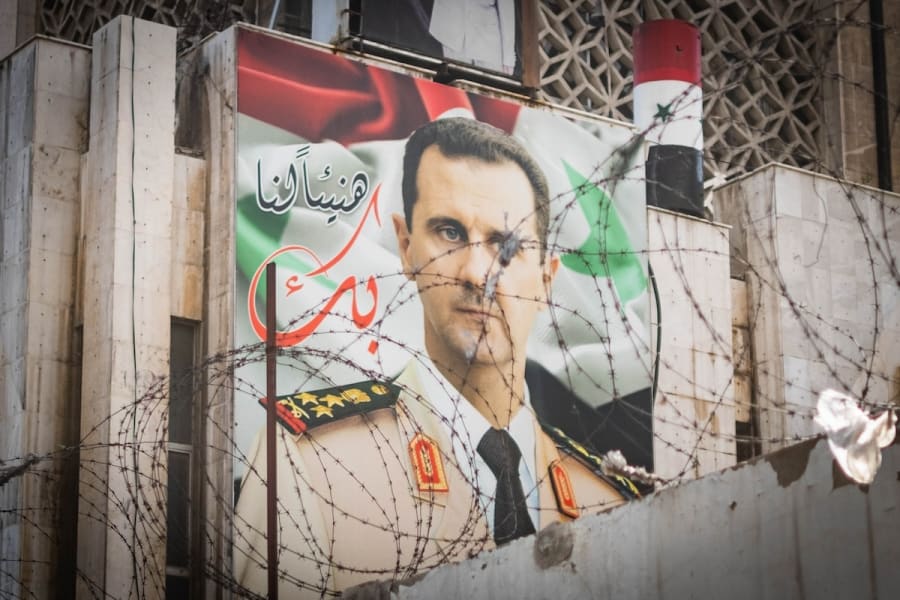
The most problematic areas remain in Syria’s northern and eastern regions. HTS troops recently took over the town of Deir al-Zour from the Kurdish-dominated SDF (Syrian Democratic Forces), which continues to control resource-rich regions east of the Euphrates River and has the support of U.S. troops stationed there.
This alliance was originally created to fight ISIS, which has seen a small resurgence in the eastern desert and aims to take advantage of the uncertain situation. The U.S. bombed over 75 ISIS targets in recent days and appears resolute to keep this desert jinn bottled up for now, but the danger remains.
SDF, in recent years, barely fought the Assad regime and even cooperated with it to hold back Turkish advances, while enjoying relative independence. After the regime collapsed, SDF “found itself assuming control of resource-intensive areas in Hasakeh & Raqqa abandoned by Assad – good in theory, but it stretched resources while the Turkey-backed SNA launched offensive moves,” explained Charles Lister, senior fellow at the Middle East Institute.
“With multiple axes in play, driven by differing motivations & needs, the SDF has allegedly drawn manpower away from several prisons holding ISIS detainees in Hasakeh – while also ceasing anti-ISIS operations in Deir ez Zour altogether. Not good, for now.”
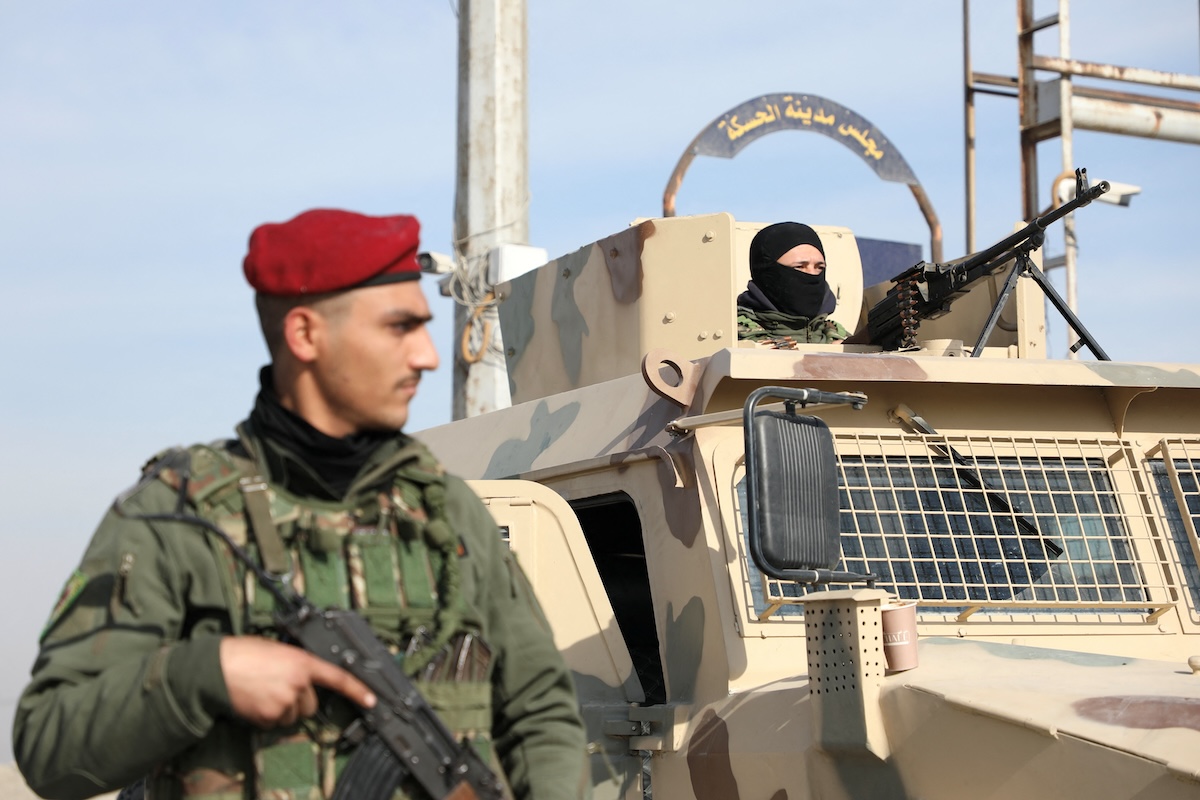
A regional autonomy similar to the Iraqi model seems possible, as HTS needs resources to restore the country’s energy supplies. But relations could also sour quickly, causing renewed armed conflict with the new government in Damascus.
In the northern regions, the Turkey-backed rebel group, Syrian National Army (SNA) which fought alongside HTS in part of its lighting advance toward the capital, has since focused on fighting the Kurds and has captured the town of Manbij in a hand-over mediated by the U.S. a few days ago.
While Turkey provided HTS with some support, it appears unlikely the SNA, which has been described as a Turkish mercenary force – and includes Jihadi terrorists with a laundry list of human rights violations to their name – will submit to the authority of HTS in the near future. Turkey continues to directly control large strips of land in northern Syria and appears bent on eradicating Kurdish presence near its borders.
In negotiations over possible normalization with the Assad regime in recent months, Turkey insisted on receiving the right to go after Kurdish armed forces deep within Syrian territory and will probably demand this of the new government as well, further complicating the situation in northern Syria.
Despite his deep roots with al-Qaeda and ISIS, al-Shara/Jolani has been projecting a new, relatively moderate image for several years now.
This isn’t a new development, which has been well-attested by several journalists who traveled to Idlib, the area HTS has been controlling for five years. This rebel enclave included Christians and Druze, who had not been systematically slaughtered. However, Christians were reportedly forbidden from ringing bells or placing crosses on the churches.
In #Jolani's speech at the Idlib Book Fair (yes, really) back in September I noted how he spoke about developing a system of governance in #Idlib which could be spread to the rest of the country (@azelin or @HaidHaid22 may have the footage saved)
— Broderick McDonald (@BroderickM_) December 10, 2024
3 months ago, it seemed crazy to… pic.twitter.com/5O5Ir0auGJ
HTS continues to openly espouse an Islamist ideology, including public support for Hamas on Oct. 7, 2023, and since then. While there can be no doubt that HTS and the new Syrian government are “no Zionists,” as Israeli journalist Amos Harel put it, it also seems unlikely they will immediately pivot to threaten Israel.
In a sign of political genius, at least by the standards of Middle Eastern Islamists, neither al-Shara nor any of the leaders of HTS have so far uttered a single word of comment on Israel’s airstrikes or ground advances.
An ambiguous statement by al-Shara on Wednesday was interpreted as a first indication of his stance toward Israel. Turning to “foreign countries” fearful of the changes, he declared that Syria “has no intentions to enter wars in the future. On the contrary, the source of concern was the presence of Iran & Hezbollah.”
The task of rebuilding Syria after over a decade of war is gargantuan and will take years, even if al-Shara’s modernizing approach bears fruit.
Due to Israeli precautions, even if somebody in Syria decides to attack Israel, there are no weapons left in the country except rusty Soviet tanks and rifles.
Israel looks set to hold onto the buffer zone along the Golan Heights for the foreseeable future, entrench its troops on the strategic plateau, and wait for a new Syria to emerge from the rubble.
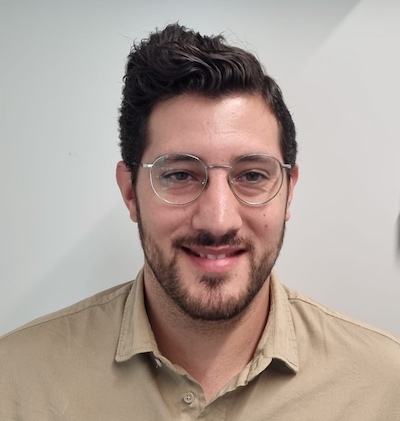
Hanan Lischinsky has a Master’s degree in Middle East & Israel studies from Heidelberg University in Germany, where he spent part of his childhood and youth. He finished High School in Jerusalem and served in the IDF’s Intelligence Corps. Hanan and his wife live near Jerusalem, and he joined ALL ISRAEL NEWS in August 2023.









